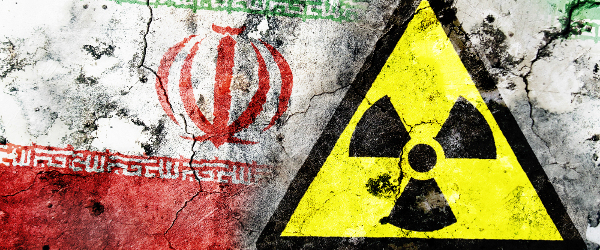
Iranian hackers are targeting critical infrastructure belonging to many of its enemies, including the UK, according to the security company Cylance.
The US, India, Israel, Pakistan South Korea and the United Arab Emirates are just a few others who have been attacked over the last few years, with Cylance identifying a group responsible for some of the hacking that it has named Operation Cleaver.
Stuart McClure, chief executive of Cylance, said: "Over the last two years, we have watched the Iranians successfully compromise over half of the 50+ targets we have had visibility into, achieving in some cases full compromise over not just servers and workstations, but network infrastructure and administrator credentials.
"While to date Cylance has yet to see Operation Cleaver result in loss of life or disruption of critical services, with the history of this group I see that as a likely consequence of these attacks."
Members of the group operate from as far afield as Iran, Canada, the Netherlands and the UK, hitting medical, telecoms, military, government and energy sectors during the last two years.
Both publically available and customised tools are used in their work, the hackers having progressed from website defacement, distributed-denial-of-service (DDoS) attacks and other basic techniques to more advanced strategies.
"They aren’t looking for credit cards or microchip designs, they are fortifying their hold on dozens of networks that if crippled would affect the lives of billions of people," McClure said.
He added that the deployment of Shamoon malware on the energy firm Saudi Aramco two years ago that damaged the firms computers was likely just a taste of what was to come.
Iran was previously attacked by the Stuxnet virus between 2009 and 2010 in an attack on the country’s nuclear centrifuges, with the malware believed to have been developed by the US and Israel.






